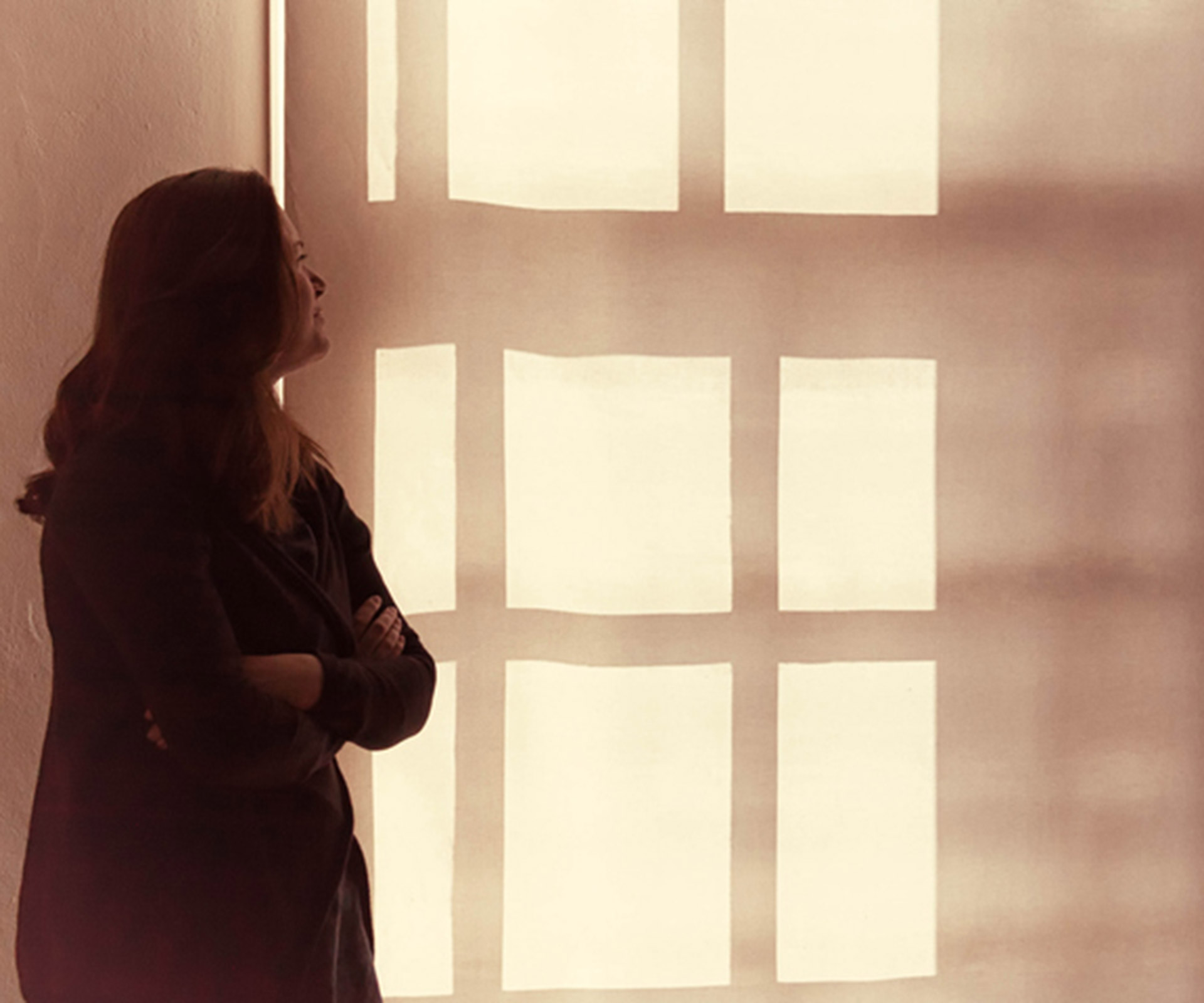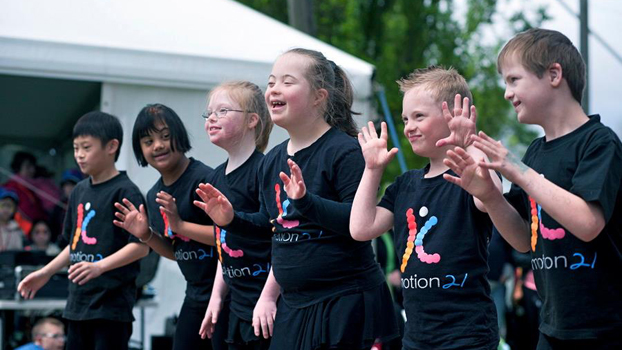Sue Evans, 53, from Adelaide, SA, shares her story:
Pop music was blasting through the house as my daughter, Kathryn, glided gracefully around the room to the High School Musical soundtrack.
I couldn’t help but smile with pride as I admired her dance moves delivered perfectly in time with the beat. She certainly didn’t take after me and my two left feet!
Born with mosaic Down syndrome, Kathryn experienced difficulties with speaking and using complete sentences. But to mine and my hubby Ted’s surprise, she lived a very active life with plenty of friends who didn’t see her as any different to them.
This was a huge relief as her younger brother, Luke, was autistic and required a lot of our time to keep his behaviour under control.
He always tried his best, but he knew he was different and he struggled with that.
Although it could be tough at times, Ted and I were just happy to be parents.
Both our kids faced challenges, but were very artistic and loving in their own ways. We didn’t feel there was anything to worry about.

Me with Kathryn as a baby.
Then when Kathryn was 12, she came to me looking distressed.
“Am I stupid?” she asked.
The words broke my heart.
A million questions raced through my mind: Had my daughter been bullied? Had I explained mosaic Down syndrome to her properly? What was making her think this?
“No sweetheart,” I said, trying my best to comfort her.
But she was inconsolable.
As we sat down to dinner I noticed Kathryn picking at her food, uninterested in anything on the plate.
“Why aren’t you eating, love?” Ted asked.
Silence hung in the air. Her plate remained full.
When it was just the two of us, I tried to get Kathryn to open up to me.
Stuttering, her mouth wavered, like she was trying to speak, but only tears escaped.
From that night on, Kathryn was frozen in silence
But it wasn’t her silence that worried me as much as the radical changes to her body over the next few months.
“It’s like she’s made of wood,” I cried to Ted.
Kathryn now walked with her back arched backwards and had stiff limbs. She moved so slowly, it took her forever to sit or stand.
Terrified, we visited a doctor who did countless scans and tests for everything from cancer through to Parkinson’s disease. But they failed to detect anything.

Kathryn at 13; her body had seized up and she couldn’t talk.
“Kathryn’s suffering from conversion disorder,” a specialist said, explaining that the anxiety Kathryn felt was so great it had become physical.
“Her fear is freezing her.”
A wave of shame rushed over me. As a mother, I felt like I’d let Kathryn down by not doing enough to make her realise how special and loved she was.
The doctor gave Kathryn medication to help relax her muscles, but explained it would take time.
“She’ll stay like this until she stops feeling afraid,” he said. “You have to keep her moving.”
This seemed impossible. A quick snack took Kathryn at least 30 minutes to eat and she couldn’t swallow anything that wasn’t soft and mushy.
Even then her hand would often freeze completely just when the fork was about to reach her lips.
I felt completely helpless when this happened. There was nothing I could do but wait patiently for her limbs to loosen enough to go back to eating.
As the years passed, we made sure she kept going to school in order to maintain as much normality in her life as possible, but I wondered if I’d ever see Kathryn leap around the house like she used to do.
I thought back to my once carefree daughter. She had loved to perform, so I enrolled her in a dance and theatre group for disabled children in the hope this would be the start of bringing her back.
Although she was happy to be with others like her, it wasn’t enough for the anxiety to disappear completely.
I continued talking to Kathryn, reading her stories and asking about her day. It didn’t matter that she didn’t – and couldn’t – answer. I just wanted her to know she wasn’t alone.
“Are you hungry?” I asked one day when she was 15.
“Yes,” Kathryn replied.
My heart skipped a beat! Had I imagined that?
As I kept asking her other questions, Kathryn was able to answer with either ‘yes’ or ‘no’.
Gradually, she began speaking more and more and her body started to relax.

Kathryn at 15.
After all these years, my daughter was finally free!
She went on to finish school and continued with her involvement in performing arts.
Through theatre she thrived, developing so much confidence and even finding a boyfriend, Dougie, who has cerebral palsy.
Dougie is handsome, kind, loving and helpful, she wrote in her journal.
Kathryn’s drama teachers were so impressed by how far she’d come that they decided to turn her life into a play, Frozen Girl, which premiered at the DreamBIG Children’s Festival in Adelaide this year.
Frozen Girl stars Kathryn as herself, unable to move while the world and everyone in it, is passing her by, with Dougie doing voice-overs.
As Ted and I sat in the audience watching our daughter take centre stage, I felt tears roll down my cheeks.
I was the proudest mum!

Kathryn performing in Frozen Girl. Credit: Tutti Arts & Adelaide Festival Centre play – Frozen.
At 24, she now lives independently in a house for people with disabilities and is still happily in love with Dougie.
Meanwhile, Luke has also come a long way with managing his autism.
After the Frozen Girl experience, Kathryn’s decided she’d like to keep acting. I fully support her, and know she has the talent to succeed.


